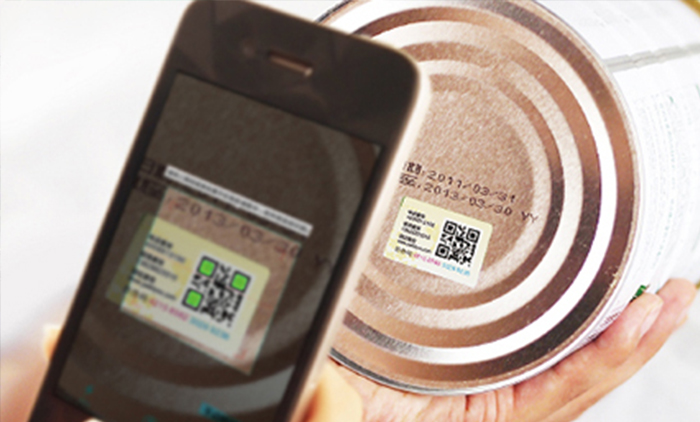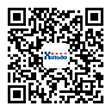Do powerful companies prefer QR code traceability?
Nowadays, people have become accustomed to scanning QR codes to participate in brand marketing activities of businesses. Have you noticed that well-known companies with strength also prefer to use QR codes to provide consumers with traceability information? Why is this?
Originating from confidence in the product
Powerful enterprises look forward to close communication with consumers, hoping that consumers will have a more detailed and comprehensive understanding of their products, hoping to minimize the information barriers caused by production and sales, and hoping to eliminate the trust crisis caused by these information barriers as quickly as possible. To achieve these goals, they can all be accomplished by tracing the small window of the QR code. Many companies with traceability systems will attach a QR code to each product or packaging, showcasing the authenticity and origin of their products to users through the QR code. Because the traceability QR code can contain data and information on the entire industry chain of product production, processing, packaging, warehousing, logistics, sales, etc. When merchants add a unique and complete attribute identifier to the products they produce, it also means opening a window for users to showcase their strength.
Originating from trust in standards
In 2015, the General Office of the State Council issued the "Opinions on Accelerating the Construction of Traceability System for Important Products", focusing on the fields of edible agricultural products, food, drugs, agricultural production materials, special equipment, dangerous goods, rare earth products, etc., using information technology to classify and promote the construction of traceability system, recording information on product production, circulation, consumption and other links, achieving traceable sources, traceable destinations, and traceable responsibilities, and strengthening the quality and safety management and risk control of the entire process. Nowadays, more and more large supermarkets require products entering the store to have QR codes with traceability functions. Large enterprises that have confidence in their products are naturally more willing to stick this QR code. However, at the same time, although ordinary consumers can scan codes to obtain some product information, they cannot determine whether the traceability code information is complete, accurate, or tampered with. Enterprises will also face the challenge of conducting professional and objective evaluations of third-party traceability systems.
Therefore, companies that have confidence in their products are more willing to use QR codes that comply with international standards and undergo maturity assessments of QR code application management by third-party organizations, in order to achieve the integrity of the traceability chain, the completeness of traceability management, and the authenticity of traceability information. As a global code issuing institution, the Unified QR Code Identification Registration Management Center can guide the corresponding operators of enterprise QR codes to implement standardized operations and management through the establishment of QR code application standards, technical standards, and management standards during the implementation process, thereby further improving the level of enterprise QR code application, management efficiency, and brand value.
Originating from the belief in the development of globalization
From a global perspective, the world has also entered the era of comprehensive Internet of Things and digital economy. In the world of the Internet of Things, the interconnection of all things requires every item to have its own ID card, just like each of us. The QR code, as a unique identifier, assigns a digital label to the product. The QR code serves as proof of the product's identity and inevitably requires its global uniqueness. In addition, QR codes are becoming one of the new identification carriers for global trade circulation and settlement. QR codes are evolving into an integral part of corporate brands and digital assets, and are important assets for enterprises in the digital age.
Imagine a company implementing a globalization strategy, if the QR code identification on its products cannot guarantee uniqueness and standardization, how can it smoothly achieve the circulation and traceability of goods, not to mention the most important digital asset value of the company in the digital economy era!


 Try Now
Try Now





